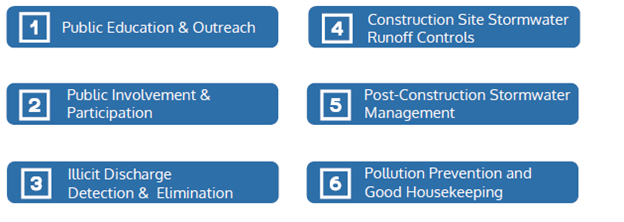In May 2020, the shortened Maryland 2020 General Assembly Session passed Senate Bill 457, which authorizes local governments in the area to establish Resilience Authorities. The first of its kind, the bill enables a local jurisdiction to flexibly organize funding structures for, and manage, large-scale infrastructure projects specifically aimed at addressing the effects of climate change[1]. The Bill allows local governments to establish and fund Resilience Authorities under local law, outlines the requirements to do so, and stipulates the powers local governments may, and may not, grant to their Resilience Authority.
The Maryland Senate Bill was passed with a bipartisan vote on May 8, 2020. It was supported by Democrats and Republicans on both sides of the Chesapeake Bay. Senator Sarah Elfreth (District 30) sponsored the bill, stating that, “The bill ensures Maryland remains a national leader in preparing ourselves for the impending crisis presented by climate change and sea-level rise.[2]” Annapolis mayor Gavin Buckley and Anne Arundel County Executive Steuart Pittman championed the bill, and Maryland Governor Larry Hogan allowed the bill to go into effect without his signature.








